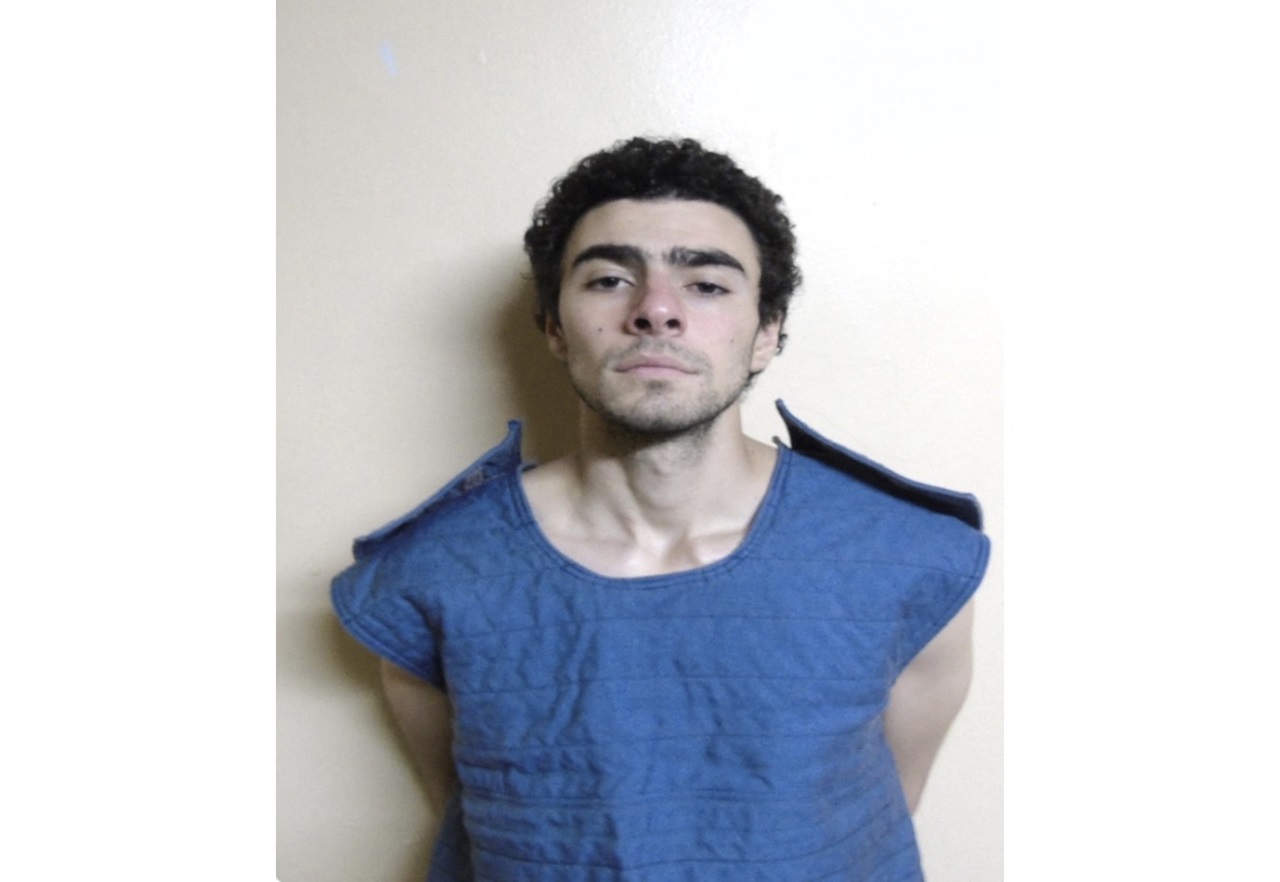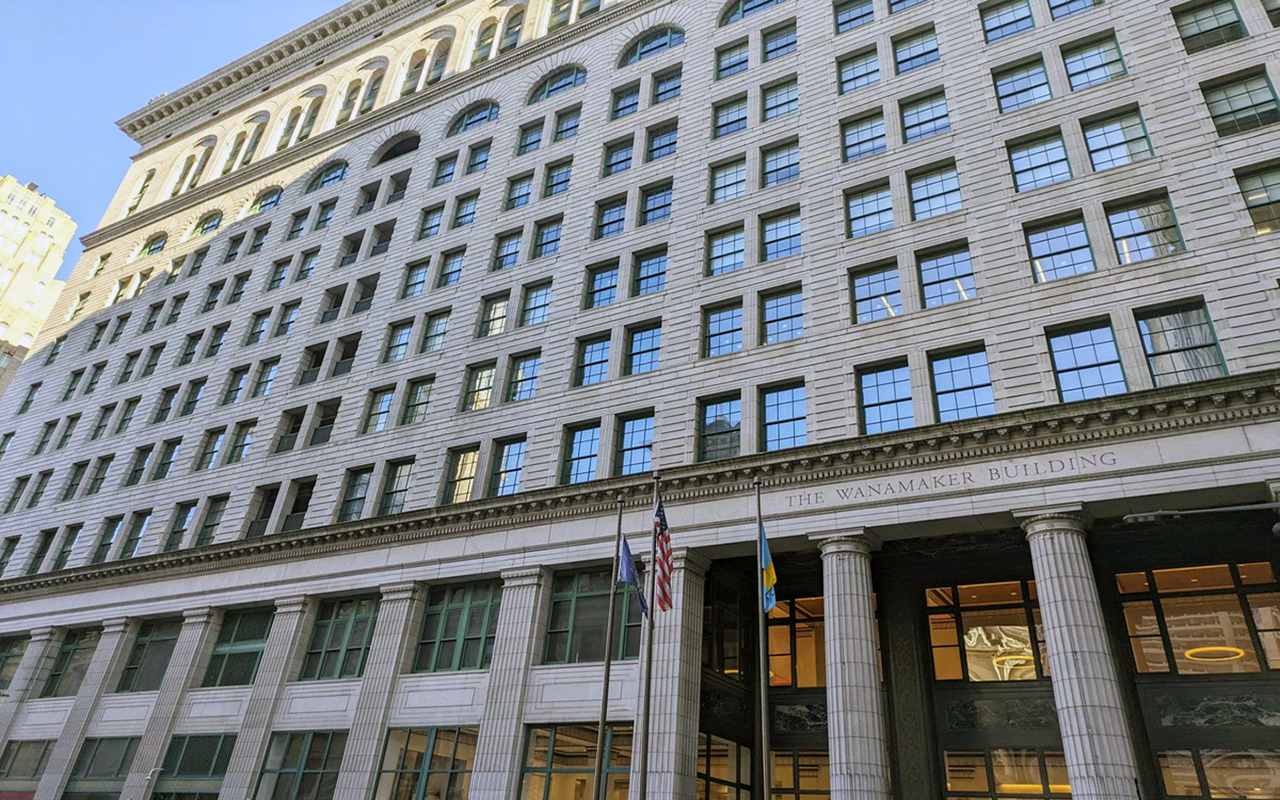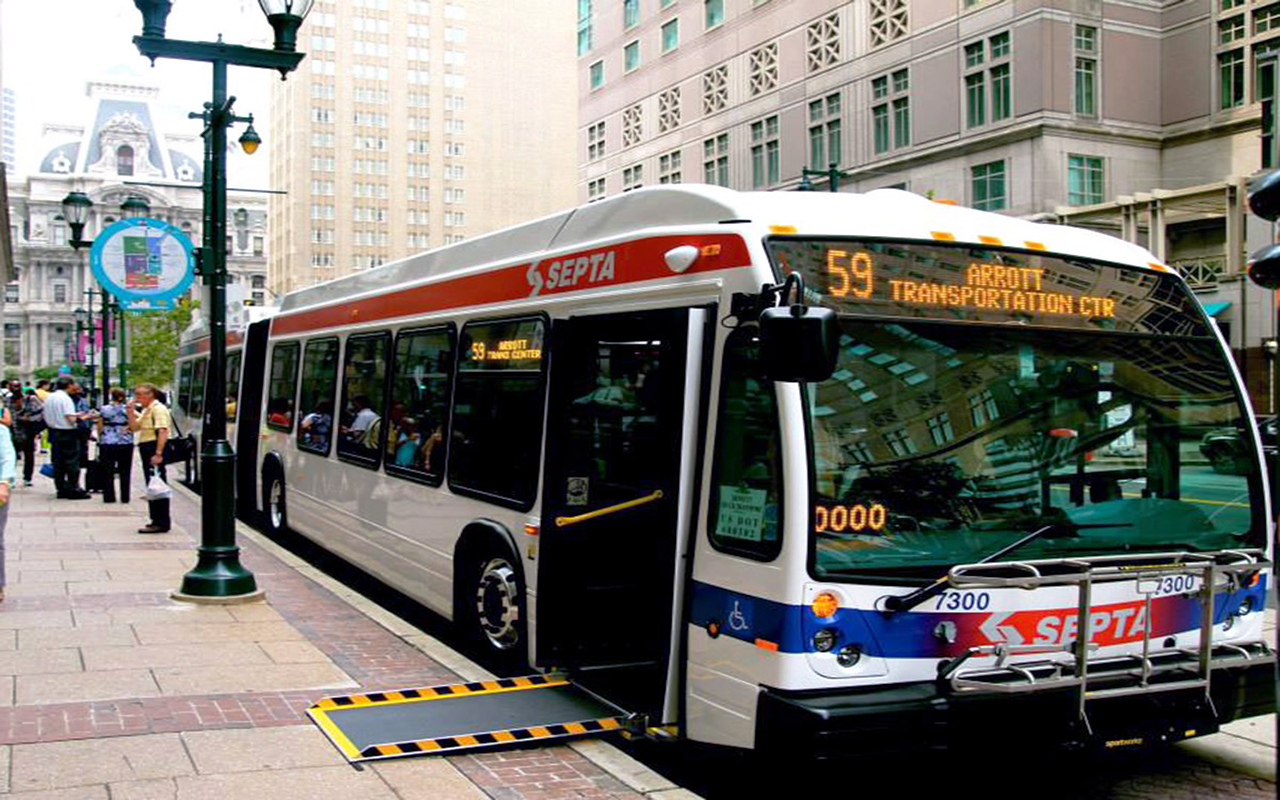
For property owners, PHA's eminent domain could be an imminent loss
The Philadelphia Housing Authority (PHA) will be sending out purchase offers to hundreds of property owners in Sharswood, but for those who don’t want to sell,…
The Philadelphia Housing Authority (PHA) will be sending out purchase offers to hundreds of property owners in Sharswood, but for those who don’t want to sell, the recourse options are slim.
In January, City Council President Darrell Clarke approved a jaw-dropping 1,330 properties for the housing authority to seize through eminent domain.
This is phase one of a of a 10-year, $500 million plan to redevelop a blighted pocket of North Philadelphia known as Sharswood, located just north of Girard College and south of Cecil B. Moore Ave.
On Thursday, City Council will have its final hearing on the bill. If they give the go ahead, PHA would be slated to seize most of a five-block by six-block neighborhood. The 1,200 housing units they’ve proposed to build would more than double Blumberg’s current capacity. About two-thirds of these homes will be subsidized affordable housing, with a majority rentership population.
Of the 1,330 properties under eminent domain, 497 are already owned by the city. 833 are privately owned, and 73 of these are occupied residences. PHA has subcontracted the Philadelphia Redevelopment Authority (RDA) to assist them in eminent domain.
Who are the private property owners?
Three of lifelong Sharswood resident Mike Scott’s properties made the long eminent domain list. Two of them are rowhomes, one a vacant but well maintained lot.
Scott has been aware of the redevelopment plans, and he realizes the potential of the neighborhood.
If you know the shortcuts, he says, you’re just a hop and a skip from Fairmount Park, and just 20 minutes to museum attractions on the parkway. He’s no sucker when it comes to the value of his land.
“I welcome change. It’s cool for the neighborhood,” Scott said. “But make me an offer I can’t refuse. A lot of these properties I bought as investments so my daughter wouldn’t have to worry about a meal being on the table.”
To Scott, a fair offer could be anywhere from $40,000 to $80,000 per property. If PHA’s first offers are low, he’s prepared to turn them down.
But in the end, Scott has two options: sell at the agreed upon price, or take it to court. In a hearing before City Council’s Committee of Rules last week, RDA’s Executive Director Brian Abernathy said that it can not offer more than fair market value.
But what exactly is fair market value in a neighborhood that borders on gentrification and private real estate investment? A multi-million dollar real estate market has boomed in Brewerytown just a few blocks away, and interest has crept into the southern edges of Sharswood. Entrepreneurs have been buying and rehabbing homes on the blighted blocks PHA intends to seize.
Artie Tillman, who testified to City Council last week, said that the eminent domain will stop lower-income African Americans from pulling themselves out of poverty with their investments.
“Sometimes inheritance the only thing that poor people can come up with,” Tillman said.
Overrun as Sharswood is with vacant land, not all of it is neglected or misused. And to some property owners fighting eminent domain, fair market value just isn’t enough.
Two lots Adam Lang owns adjacent to his home made the list. Lang, a 10-year resident and homeowner in the neighborhood, explained to project leaders that these lots make up his backyard, and he would like them stricken from the list. The taxes are up to date. He regularly mows the grass. Lang even lets the neighborhood kids play there. Nonetheless, he was told nothing could be done.
“It's just really stacked against the property owner,” Lang said. “PHA and Councilman Clarke talk about how they are doing this to help redevelop the neighborhood. If so, then why do they want to take property from people who are invested in the neighborhood and are actively trying to make things better?”
Eminent domain is a whole different battle for business owners. The linchpin of PHA’s redevelopment process rests on the Ridge Avenue commercial corridor, where numerous businesses draw active customers despite the blighted surroundings.
PHA is set to take Ann’s Nail Salon at 2234 Ridge Ave from its owner Hien Bui.
Bui testified last week to City Council that moving her business could destroy her neighborhood client base. Moreover, she argued, her property is in good condition and her taxes are current.
In these cases, PHA will pay for relocation expenses, including the disruption of business services, storage of materials, and moving costs. These business owners will even get first dibs to lease or buy new commercial properties once the redevelopment is complete. But in the meantime, PHA will not provide for increased rent by moving to a pricier location. They will, however, try to find “comparable areas” in terms of location and price.
“I don’t want to be in the business of putting folks out of business,” said Abernathy. “We certainly understand that condemnation and eminent domain is challenging. We understand that to own property is very emotional … and we are doing our best to recognize those concerns.”
Can Bui take PHA and the government to court?
Eminent domain is a governmental right to seize any private property for the “public good.” This usually refers to infrastructure projects, but there are gray areas of interpretation that have been historically problematic. In this case, however, PHA’s blight remediation plans fit within eminent domain’s legal parameters.
That said, private property owners have some legal standing to either keep their land or fight for a higher appraisal value.
The problem is that it’s a really expensive battle to fight, with no guarantees.
RDA said they are willing to argue about what fair market value is, but that has to be determined by the Board of View or in court. They’ll even foot the cost up to $4,000 per property for legal fees, appraisals, and the like.
Unfortunately, four grand won’t go very far for someone who believes they’re entitled to more from their land.
Ryan Simatic, an associate eminent domain attorney with Biersdorf & Associates, says that the government has exhaustive legal resources to fight these cases, and they use them regularly across the U.S. To take a normal condemnation case to trial can cost $80,000 or more.
For someone like Scott who wants a just appraisal on his investment properties, there’s a case to be made for encroaching development.
“Courts have allowed basically anything that affects the market to be considered as evidence,” Simatic said. “So if it’s widely known within the particular market that property values are on the rise … that’s certainly evidence that an appraiser could consider in setting just compensation.
In the past, however, Philadelphia property owners — especially poorer ones — haven’t always gotten what they’re due, no matter how hard they fought.










LEAVE A COMMENT:
Join the discussion! Leave a comment.